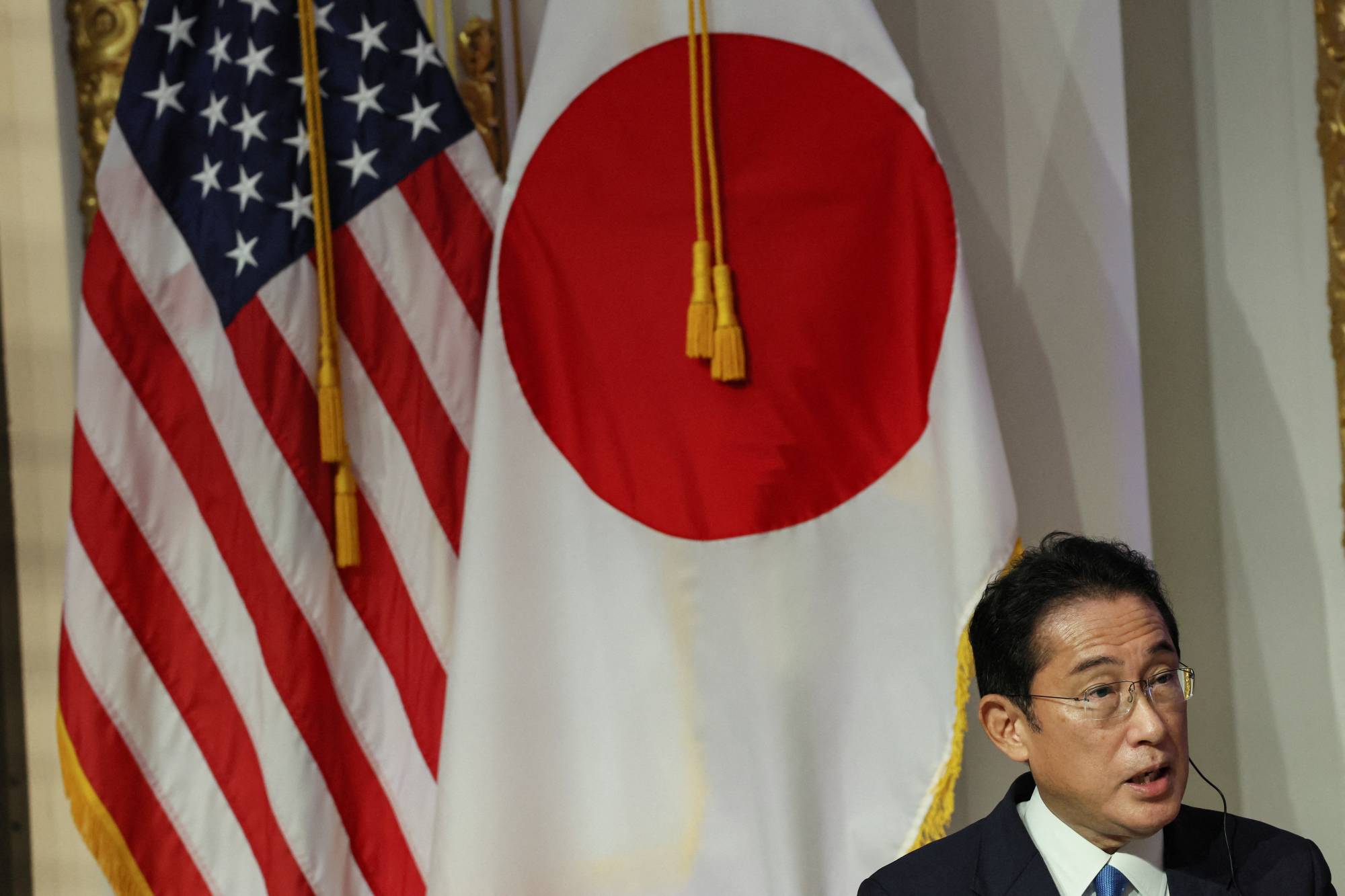Senior business leaders from 135 Japanese and U.S. firms concluded a two-day meeting in Washington on Wednesday, agreeing on the need for closer economic cooperation amid the turmoil caused by the COVID-19 pandemic and Russia’s invasion of Ukraine.
The firms at the meeting were involved in the following sectors: digital economy, financial services, health care, energy, travel and tourism.
The focus of the U.S.-Japan Business Council and the Japan-U.S. Business Council meeting was on how to bolster the private sector’s role in the bilateral relationship. Business leaders from both nations called on their respective governments to take steps to strengthen supply chain security and resilience between Japan, the U.S. and other like-minded countries as a way to curb inflation.
















With your current subscription plan you can comment on stories. However, before writing your first comment, please create a display name in the Profile section of your subscriber account page.